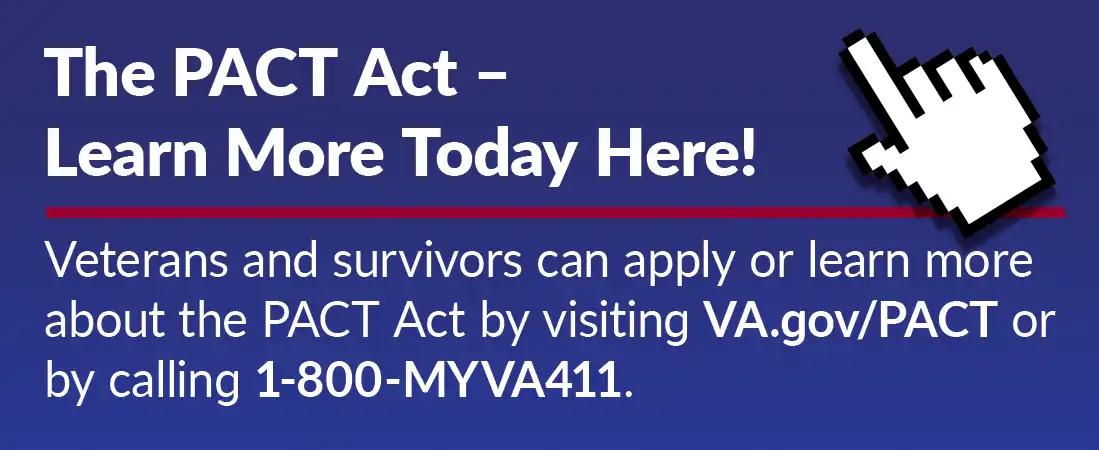What Is COPD?

Larry D. Moore
COPD stands for chronic obstructive pulmonary disease. Which means the airways in your lungs are blocked, making it difficult to breath. You might have trouble with daily activities due to shortness of breath. Over time, this condition often gets worse. This makes it harder to take care of yourself and participate in normal daily activities. Chronic bronchitis and emphysema are two common types of COPD. Most people get COPD from smoking. Cigarette smoke damages lungs. This can develop into COPD over many years.
COPD makes you work harder to breathe. Air becomes trapped in the lungs, preventing your lungs from filling completely with fresh oxygen. It is harder to take deep breaths, especially when you are active and start breathing faster. Over time, your lungs become enlarged and filled with air that does not transfer oxygen into the blood. These problems lead to shortness of breath (also called dyspnea). Hoarse, whistling breathing (wheezing) and a chronic cough are also common. So is feeling tired and worn out (fatigue).
Can You Postpone Advanced or End-Stage COPD?
It depends on how advanced your COPD is and how well you respond to treatment. No two people are the same. However, following these steps for a healthy lifestyle can help:
- Do not smoke. If you do, get help to quit.
- Avoid unhealthy air. Keep away from dust, fumes, and smoke. Stay inside on bad-air days.
- Get a yearly flu shot. Ask your doctor if you need the pneumonia vaccine, too.
- Eat healthy food. Talk to your doctor about how to keep your weight where it should be.
- Keep moving. Make sure you get enough exercise.
For information and support with quitting tobacco, call VA’s tobacco quit line at 1-855-QUIT-VET (I-855-784-8838), or visit https://www.mentalhealth.va.gov/quit-tobacco/.
In Appreciation,
Executive Director
![]()











